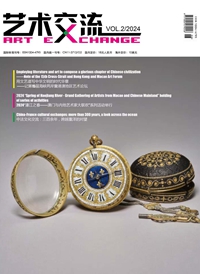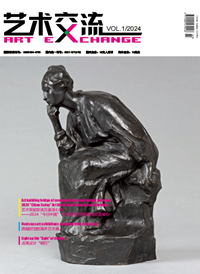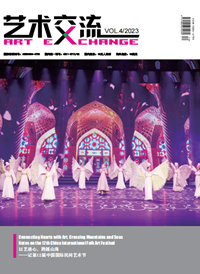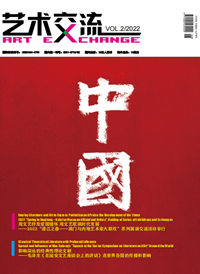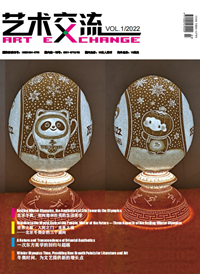The Oscar Award is an American-based international film award with global influence, so its criterion is always hovering between commercialism and artistry, national feature and global significance, innovation and tradition, openness and conservatism. Therefore, it is like a riddle that you will never know the answer. In a word, you’ll probably make a wrong guess if you outline the winners’ list under a fixed criterion. As to Chinese film circles, we had better keep our mind on storytelling in films rather than surmise its judges’ intention.
Let’s take silent films as example. If there is anything worthy of admiration or intimation in technology, as far as I can see, silent films will provide a reminder on the contrary of this age in which filmmakers pursue technological sources unlimitedly to strengthen audio-video effect to the extreme. All above measures to arouse audiences’ sensual desire and stimulation are nothing but superficial formalities inferior to the core significance of a film. If you concentrate your attention on film itself, you’ll find all those unnecessary.
For years, such a classic competition as in 1995 has never appeared again. In that session, Forrest Gump, The Shawshank Redemption, Pulp Fiction and Four Weddings and a Funeral were selected as the candidate films for Best Film Award, all of which constituted the continuation of the golden age of American films. That generation of movie fans like us just got to know Oscar and fostered our film appreciation from those masterpieces. However, Oscar Award is not a kind of magic. Despite numerous film stars and superstars present at the award ceremony, nothing can prevent the film from degradation—more and more dependent on technology and visual effects. It is quite a dangerous route to a dead lane.
As an international award based in USA and popular around the world, Oscar is proud of its changing criterion. Sometimes it praises commercialism and sometimes recommends artistry. Sometimes it prefers national expression, and sometimes it emphasizes the global indication. You can hardly tell whether it is open-minded or conservative. Even if a director deliberately produces a film in the light of Oscar’s taste, he or she is still prone to fail. Chinese films, that have won various awards in the other international film festivals, just have no luck to come into Oscar’s favor. Some people attribute it to bad luck, and others to lack of qualification. But there is one more reason, that is, the Hollywood always poses a prerequisite for the Best Foreign Language Film every year. Therefore, instead of guessing what the prerequisite is, let’s concentrate on perfecting our plot arrangement through which the national distinction and deep universal emotions will be fully conveyed.





